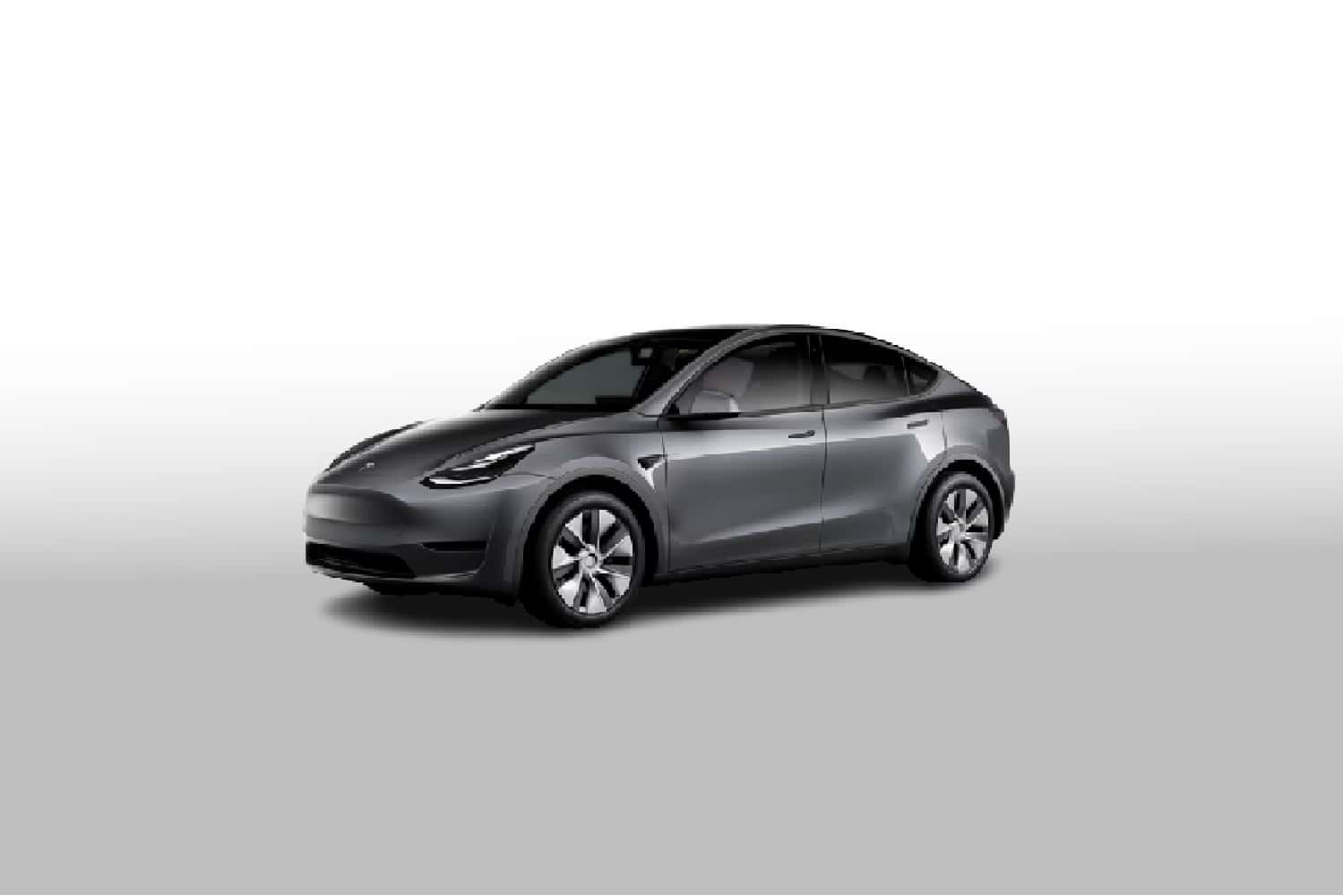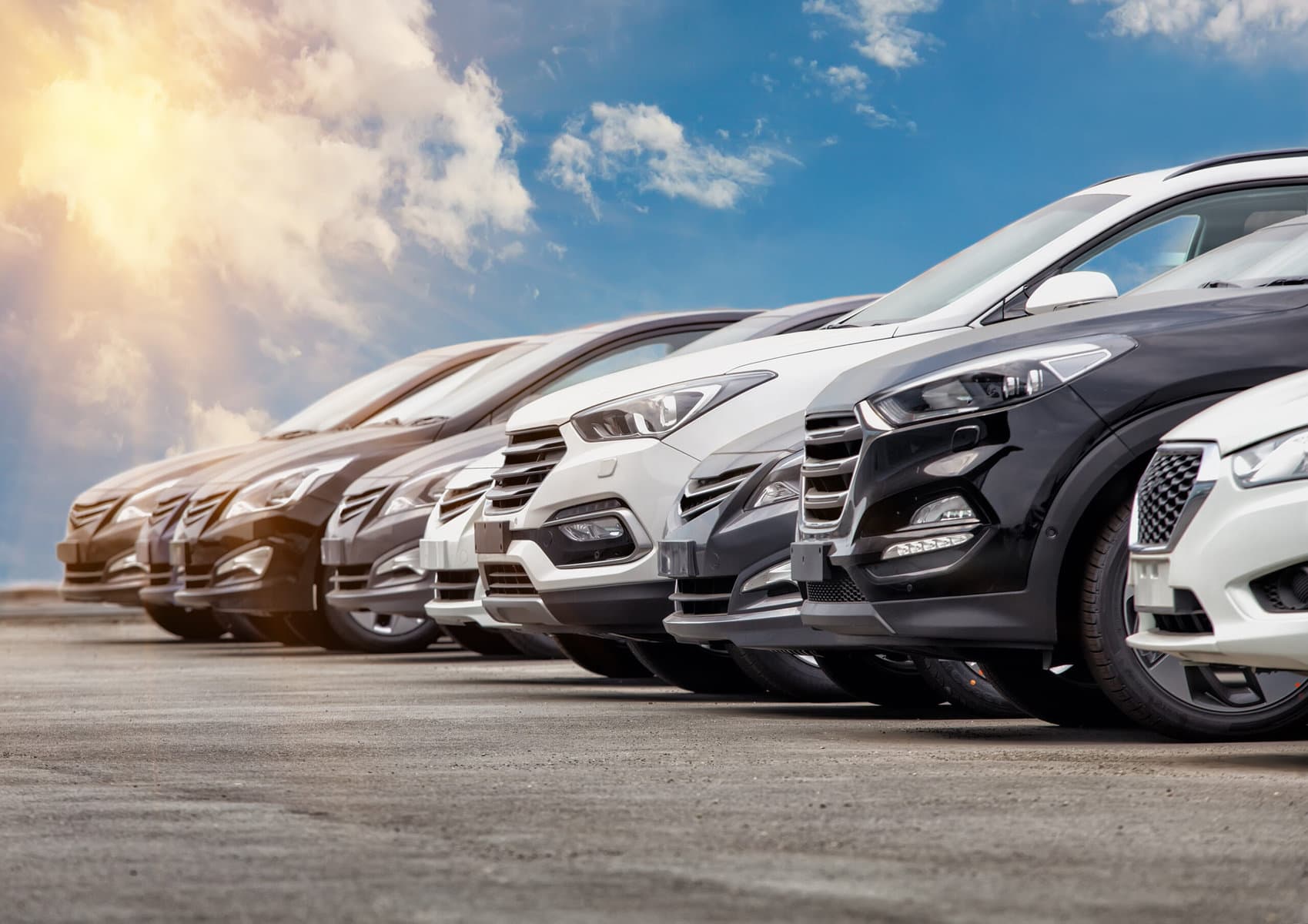Luxury cars, often associated with elegance and style, can introduce financial complexities, especially when integrated into novated finance leases. To give you clarity on this, we explore insights into the treatment of luxury cars under novated leases and the importance of the luxury car adjustment (LCA) sometimes known as luxury car charge (LCC).
Let’s start with a quick overview of the essential points:
What is the Luxury Car Adjustment?
The Luxury Vehicle Adjustment is formulated to reimburse an employer for the additional taxes they will be subject to due to reduced deductions when a novated lease involves a luxury car.
Employer’s Perspective: Accounting for Lease Expense
- Lease payments in a salary packaging arrangement are considered an expense from the employer’s standpoint.
- These expenses are recorded in the employer’s financial records and impact the employer’s profit and loss statement.
GST Treatment of Lease Expense
- Lease expenses are considered expenses incurred by the employer for GST purposes.
- Employers can claim a GST credit, following the standard GST rules and provided they maintain tax invoices.
Income Tax Treatment of Lease
- For “luxury cars,” which are defined as those exceeding the luxury car depreciation limit (currently $68,108 for the 2024 financial year), the employer can only claim income tax deductions for interest and depreciation of the luxury car.
- On lease termination, a balancing adjustment event is necessary.
Luxury Car Adjustment (LCA) included in Salary Sacrifice
- LCA is introduced to maintain the employer in a net-zero position within the salary packaging arrangement.
- The LCA is calculated as a full lease term impact and spread evenly over the lease term.
Now, let’s explore these concepts in greater detail.
Accounting for Lease Expense
From the employer’s perspective, leasing a car as part of a salary packaging arrangement is regarded as an expense incurred for compensating an employee. Consequently, these lease payments are recorded as expenses in the employer’s financial records and influence the employer’s profit and loss statement.
GST Treatment of Lease Expense
For GST purposes, the lease expenses are considered payments of consideration for taxable supplies received by the employer. As such, the employer is eligible to claim a GST credit in connection with these expenses, subject to standard GST rules and the retention of tax invoices.
Income Tax Treatment of Lease
In cases where an employee salary packages a “luxury car” under a novated lease arrangement, the employer’s income tax deductions are limited. A luxury car is one that exceeds the luxury car depreciation limit (currently $68,108 for the 2024 financial year). On lease termination, the employer processes a balancing charge for tax purposes. This charge accounts for any gain or loss in the car’s value, comparing the written-down value to its termination value.
Luxury Car Adjustment (LCA)
The LCA comes into play when luxury vehicles are salary packaged, impacting the employer’s income tax treatment. Given that the employer can only claim income tax deductions for interest and depreciation up to a capped value, the LCA aims to keep the employer in a neutral financial position.
Typically, the LCA is calculated as a full lease term impact and evenly spread over the lease period. In cases of early lease termination, no reconciliation is usually performed, as the difference is considered a minor cost to the employee.
Understanding the intricacies of luxury car adjustments (LCA) in novated finance leases is vital, especially for employers and employees looking to make the most of salary packaging arrangements involving luxury vehicles. It ensures compliance with tax regulations while optimising the benefits of salary packaging.










